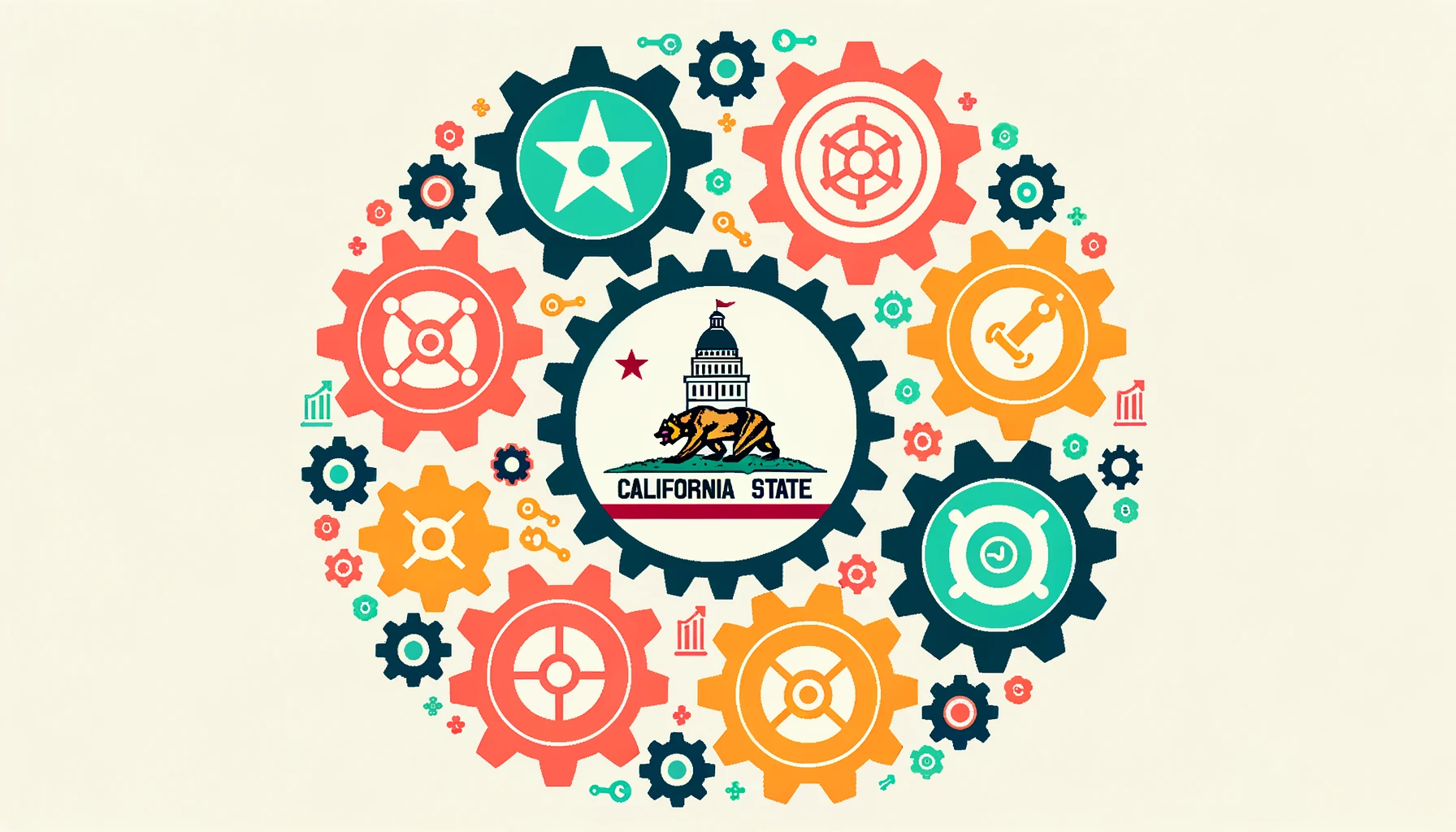Engaging educational partners is an essential part of the LCAP development and annual update process. Years of research in school improvement have documented numerous benefits of engaging local community members such as:
- Access to more comprehensive input to inform the identification of needs, planning, and program implementation
- More informed decision-making
- Increased engagement of educational partners in implementing local plans
- Development of long-term relationships with individuals and organizations that can support student learning and development
- Increased empowerment of educational partners
- Improved family-school partnerships
Each local educational agency (LEA) is required to develop a Local Control and Accountability Plan (LCAP). The LCAP development process serves three distinct, but related functions:
- Meaningful engagement of educational partners
- Comprehensive strategic planning
- Accountability and compliance
California statute recognizes the benefits of engaging local community members by codifying specific requirements for educational partner consultation in the development and annual update of the LCAP, as well as the budget process.
Course Content
Foundations
Engaging Educational Partners




